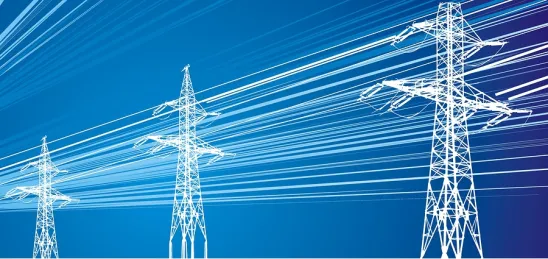The government of Puerto Rico announced its plan to privatize the Puerto Rico Electric Power Authority (PREPA) as part of a 18-month process that is expected to culminate with the sale of PREPA’s generation facilities and a private concession to operate and manage its transmission and distribution facilities. PREPA is the government-owned utility with sole authority to provide electric power in Puerto Rico, and has been at the center of attention and controversy since Hurricane Maria devastated Puerto Rico last year.
Governor Ricardo Rosselló announced the government’s plan to privatize PREPA in a televised speech on January 21, promising that PREPA would “cease to exist as it deficiently operates today.” The process described by the governor would take place in three stages within an 18-month period:
- Defining the applicable legislative framework and issuing the requests for proposals.
- Receiving and evaluating proposals.
- Negotiating terms with the selected companies.
The fiscal plan that PREPA submitted to the congressionally-created Financial Oversight and Management Board for Puerto Rico (Board) three days after the governor’s announcement provides additional insight into the government’s plans. It describes a transformation of the energy sector in Puerto Rico with four basic components: (1) granting a concession to a private entity for operation and maintenance of PREPA’s transmission and distribution system (with the government retaining ownership); (2) selling existing PREPA generation assets to private entities; (3) using the P3 model to develop new power generation facilities; and (4) reforming the regulatory framework to regulate retail rates and wholesale power generation post-privatization.
A few observations are in order in light of the governor’s announcement and the publication of PREPA’s Fiscal Plan:
First, the Puerto Rico legislature will need to enact legislation authorizing any negotiation related to, and the final terms and conditions for, the sale of PREPA’s generation facilities and any private concession to operate and maintain PREPA’s transmission and distribution facilities. The government’s plan could undergo significant changes as part of that process.
Second, any privatization of PREPA’s assets will require the involvement of the Board and U.S. District Court Judge Laura Taylor Swain, who is overseeing the bankruptcy-like proceedings to restructure PREPA’s debt under Title III of the Puerto Rico Oversight, Management and Economic Stabilization Act (PROMESA). PREPA currently owes creditors more than $9 billion.
Third, the question of how the proceeds from the privatization will be used is already creating controversy. Governor Rosselló indicated that the government intended to use the proceeds to help fund Puerto Rico’s government employee pension plan, but some creditors and bond insurers already have raised questions about the government’s ability to do so—a dispute that is likely to land before Judge Swain.
Fourth, the government’s announcement suggests that significant changes are coming to the regulatory framework that would govern the energy sector in Puerto Rico post-privatization. PREPA currently is regulated by the Puerto Rico Energy Commission, an entity that was created in 2014. PREPA’s Fiscal Plan is critical of the current regulatory framework, calling for a “reasonable regulatory process” in the future and calling out the Energy Commission for asserting “excessive operating control.” The Fiscal Plan also references the government’s plan to present legislation “to reform the regulatory process and replace PREC and its core functions with a new structure (e.g., Public Service Commission) designed to create stability and market confidence.” Earlier this year the Governor had announced a reorganization plan for the executive branch that called for merging various existing regulatory agencies, including the Energy Commission, into a single regulatory entity with jurisdiction over energy, telecommunications, water, and other services. A bill to that effect was introduced in the Puerto Rico Senate on January 18.




 />i
/>i


